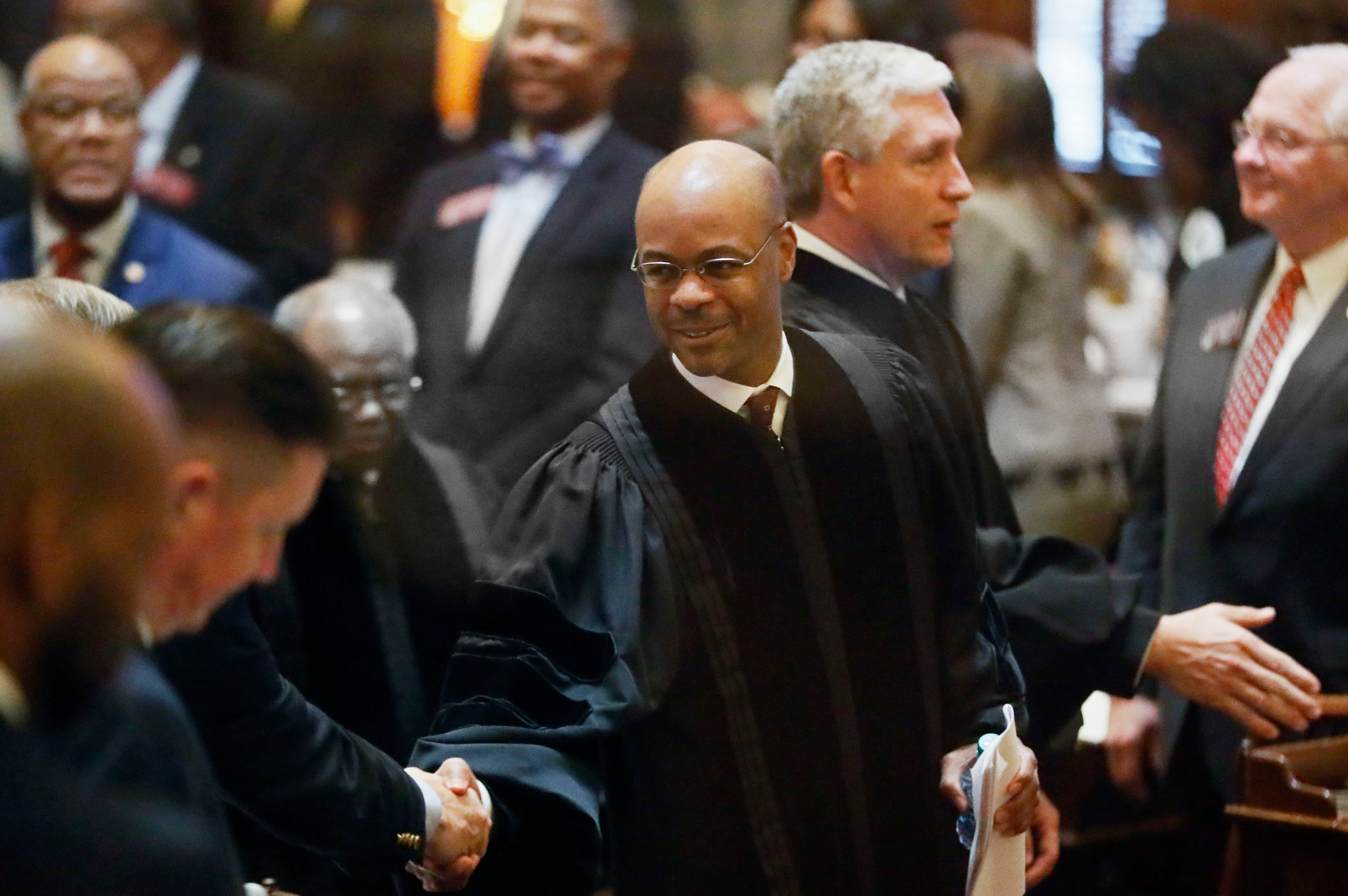Insurance chief has pre-existing condition
A day after Georgia Insurance Commissioner Ralph Hudgens came under fire for implying that people with pre-existing medical conditions are at fault for their illnesses, his spokesman revealed that Hudgens himself has a pre-existing condition.
Hudgens, 71, underwent surgery for prostate cancer just over a decade ago and continues to get checked regularly, spokesman Glenn Allen said Thursday.
“He fully understands why it’s not somebody’s fault (he or she) has a pre-existing condition, because he has one,” Allen said.
Hudgens, in a talk to a Republican group last month, compared people with pre-existing conditions to wrecked cars and appeared to suggest that the chronically ill are to blame for their illnesses, just as drivers are for their accidents. On Wednesday, however, the commissioner said he’d used a “really poor analogy,” and said he did not believe it’s a person’s fault if he has a pre-existing condition.
Georgia Democrats, who circulated the videotape of Hudgens’ remarks, have slammed the commissioner, calling his comments “callous” and “outrageous.”
“You see the commissioner walking back his comments because there has been a firestorm of reaction to him,” state Sen. Nan Orrock, D-Atlanta, said Thursday. “He was speaking frankly and candidly to a group he clearly thought agreed with him.”
Orrock added that Hudgens has “done everything he can to stand in the way of this federal law.” The commissioner has said he will do nothing to help the law succeed.
The Affordable Care Act bars insurance companies from outright rejecting or charging people with pre-existing conditions more because of their illnesses. Hudgens said the intent of his comments last month was to point out that this requirement would lead to drastic increases in insurance premiums for everyone.
The requirement is designed, in large part, to provide access to insurance to Americans shut out by the private market because they have diabetes, hypertension, heart disease or other pre-existing conditions.
In Hudgens’ case, he had health insurance through the State Health Benefit Plan, as a state senator, during his treatment for prostate cancer. He continues to receive coverage through the state plan today but can switch to Medicare once he leaves office.


